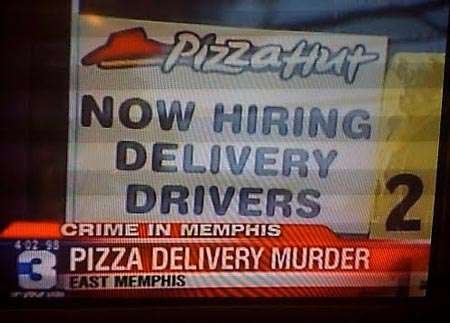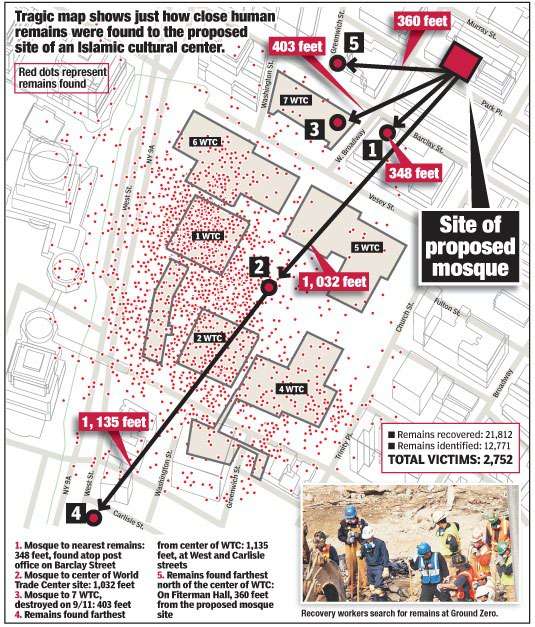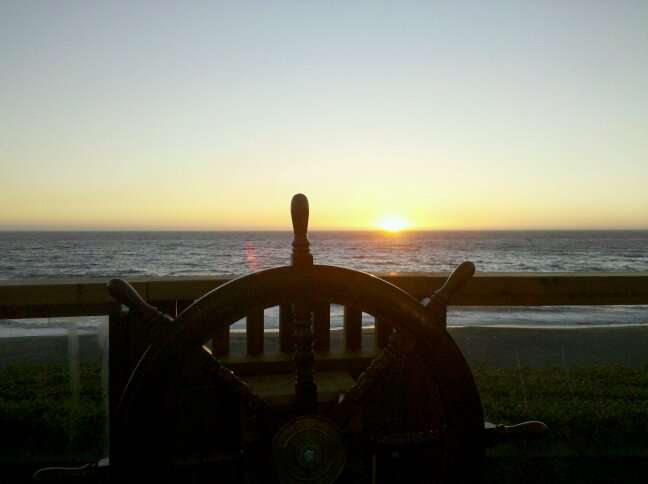I’m ashamed to admit it, but I would have something of a research project ahead of me if I wanted to properly write about this. Today, I can only hit the highlights. I’m reading these pious little bromides tossed down upon the altar of organized labor, like this one for example…
I am a member of a union, and I inherited my dedication to unions from my father-in-law, who, oddly, belonged to management at the General Motors plant for which he worked for 40 years.
Because his employer made sure that salaried workers were appeased with the same or better benefits as those negotiated by the United Auto Workers for the hourly employees (and, to be fair, because of his own frugalilty), he was able to pay off his house, put four boys through college without borrowing a dime and leave his wife in good stead after his death.
In other words, he, like the rest of the American workforce, benefited from the advances won by unions. Though he had no union membership card in his wallet, he recognized what unions had meant to his family.
If all unions had ever done for the American worker was create the oasis we now call the weekend — not to mention the eight-hour day, paid vacations, health insurance and pensions — it would be reason enough to keep Labor Day holy each year.
But I am afraid the next generation of workers will think of Labor Day only as the day the pool closes and the football season begins.
And it makes me think of my own family connections to labor unions. Mom was on the other side of it. She crossed a picket line during a teacher’s strike. That’s right, she was a “scab.”
I attended a public school and had been dutifully indoctrinated about how, at the beginning of the century, the working conditions were oh so reprehensible and the labor unions were needed to put things right.
How did they put things right? By the classic tactic of leftist political movements: “manufacturing” some brand new “basic human” rights.
What I couldn’t quite grasp at the time, was how “basic human” rights were dependent on your name appearing on some kind of list — in this case, the union membership rolls. If you’re on the list, you get to enjoy this “basic human” right. If you aren’t, you don’t.
Thirty years later, I still don’t understand this. Nobody’s provided a reasonable explanation. I’m not thinking on this with too much nuance, I admit. In my world, a “right” is universal, or else it isn’t. If you have to be on a list to enjoy it, then it doesn’t qualify. And Mom’s name was not on the list — oh, goodness gracious, the energy that went into reminding her, and us, and everybody else, of this.
Back then, three decades younger and dumber, I still got the essentials of this story: We were poor. We needed the money. Mom’s stories were genuinely scary. We tried to make jokes out of it around the dinner table, but we were all concerned. The extended-family was concerned. And although she tried to hide it, so was Mom. She didn’t know what to expect when she drove to “work” or when she drove home again. Not really.
I posted the following to left-wing talking-head Ed Darrell’s site in observance of Labor Day:
Organized labor is the snake that offered an apple to the labor movement. At first it seemed like a no-brainer: Use your numbers for “collective bargaining” and put an end to the “intolerable working conditions.”
Where the organized labor movement took on the trajectory of your average lawn dart, was with the organization — this unstated, but central, refrain of “You have an absolute right to work for your living if your name is on our membership rolls, and you don’t if it isn’t.”
Because of that, “union” has become something of a dirty word. And this is not entirely undeserved. The mob connections, the kneecap-busting of “scab” replacements…and worst of all, the dollars donated toward electing democrats.
And then of course there are the adventures of Grandpa Freeberg. He was the foreman of the local lumber mill, and was, therefore, management. So he crossed the same picket line Mom did, except that was in the thirties when things were getting really heated. He had a sawed-off shotgun in the passenger seat. Must’ve been fun.
There are other objections to labor unions as well. When they negotiate their way out of a livelihood, they do so on behalf of a workforce. A unified workforce; they’re a “union,” remember? That means, quite a few among the membership might have voted not to strike, and if they were in the minority, well, tough. The strike is on. And maybe the union will win a concession that happens to be deleterious to the continuing survival of the company. Who is responsible for this? The management, which took a gamble that didn’t pay off; and, certainly, the workers who now have to flail around for a new livelihood, perhaps moving out of the shriveling ghost town, perhaps the entire state. But not the union officials.
Once a plan has achieved the exact opposite of what it was supposed to do, is there any reasonable way to defend it?













